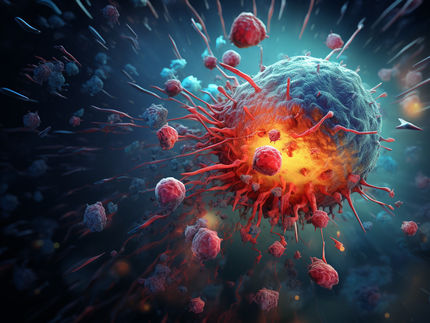NasVax and Ramot Announce Licensing Agreement on Novel Immunotherapies for Treatment of Alzheimer's Disease
Advertisement
NasVax Ltd. and Ramot at Tel Aviv University Ltd. announced that they have signed an agreement on the research, development and commercialization of antibodies and vaccines (the BBS1 Technology) for the treatment and prevention of Alzheimer's disease (AD).
Under the terms of the agreement, NasVax will have the exclusive rights to develop and commercialize Ramot’s proprietary BBS1 technology (a monoclonal antibody [MAb] as well as a vaccine designed to elicit specific antibodies), which was developed by Prof. Beka Solomon and her research team at Tel Aviv University. This BBS1 technology has demonstrated initial efficacy and safety in animal models of AD.
Erez Chimovits, CEO of NasVax Ltd, notes that, “NasVax is excited about the opportunity to develop this BBS1-based product. Bringing in the BBS1 program is part of the implementation of our strategy to diversify our product portfolio specifically into the growing field of immunotherapy.”
Other news from the department science
Most read news
More news from our other portals
See the theme worlds for related content
Topic world Antibodies
Antibodies are specialized molecules of our immune system that can specifically recognize and neutralize pathogens or foreign substances. Antibody research in biotech and pharma has recognized this natural defense potential and is working intensively to make it therapeutically useful. From monoclonal antibodies used against cancer or autoimmune diseases to antibody-drug conjugates that specifically transport drugs to disease cells - the possibilities are enormous

Topic world Antibodies
Antibodies are specialized molecules of our immune system that can specifically recognize and neutralize pathogens or foreign substances. Antibody research in biotech and pharma has recognized this natural defense potential and is working intensively to make it therapeutically useful. From monoclonal antibodies used against cancer or autoimmune diseases to antibody-drug conjugates that specifically transport drugs to disease cells - the possibilities are enormous



























































